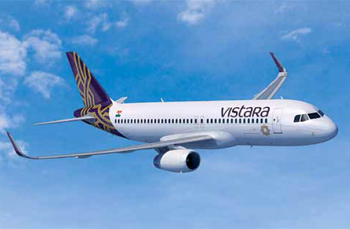5/20 Rule Should Go
Currently around 70 per cent of passengers travelling internationally to and from India are Indians. But only 30 per cent of them travel on Indian carriers.

SP’s AirBuz (SP’s): Can we get your perspective on as to why and how 5/20 is not a friendly rule for aviation sector in India and the way it is rather deterring the growth of airline industry in India in real terms?
Phee Teik Yeoh: Aviation is a key engine for the socio-economic growth of the country and harnessing the untapped potential of the Indian aviation sector will immensely benefit the economy, boost tourism, generate employment opportunities and ultimately benefit the customer too. A supportive civil aviation policy can fortify the Indian aviation industry’s global positioning and standing, stimulate growth and set our industry for success. A liberalised policy will open up international skies for Indian carriers which will benefit the Indian travellers and also help India to effectively utilise her bilateral rights.

Also, we must bear in mind that creating a vibrant aviation sector in India is not only about 5/20 – the policy needs to be relooked at comprehensively to remove all obstacles to growth. Key issues that need to be addressed in the policy formulation are removing the 5/20 rule, enhancing utilisation of bilateral rights, rationalisation of taxation, reducing cost of operations, introducing viability gap funding for remote and regional connectivity, allowing the market forces to prevail and most importantly, improving ease of doing business. We hope that the new aviation policy is long term, sustainable, pro-growth, pro-business and pro-people. We have recently come out with a comprehensive report—“Maximising the Contribution of Aviation to the Indian Economy”—which outlines the Indian aviation landscape, challenges faced by the sector, global best practices and recommendations to transform the industry.





